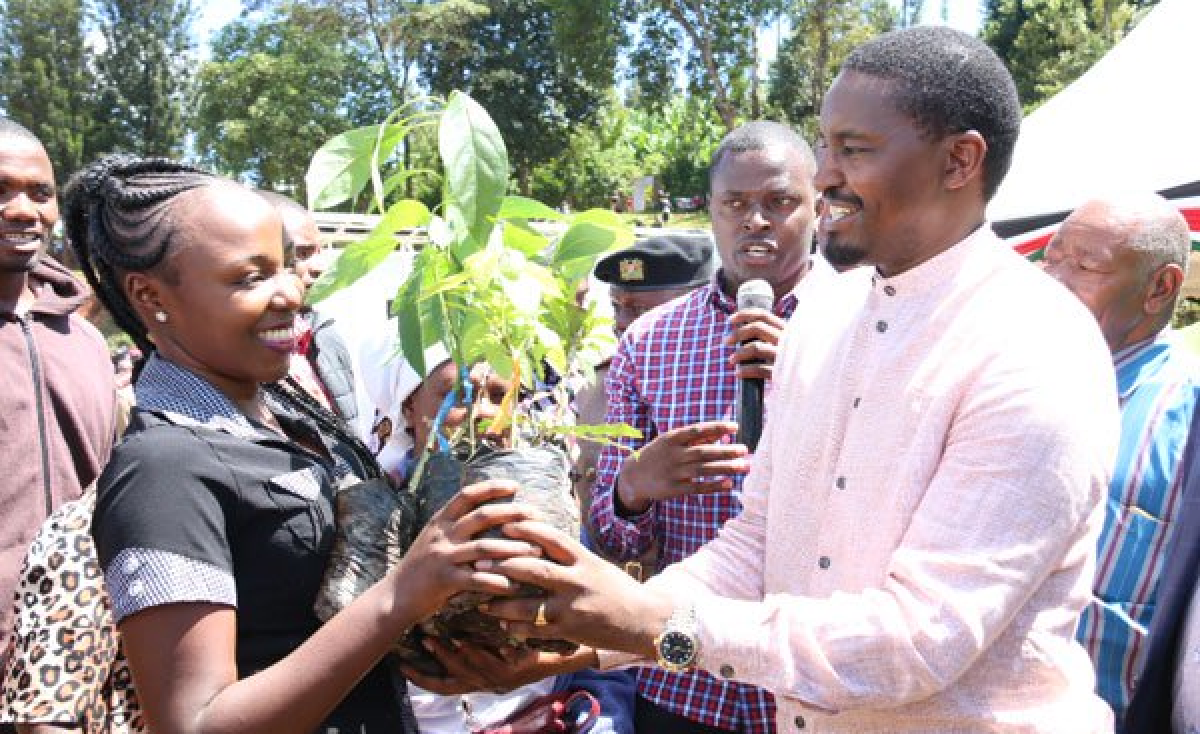Gambian Government Taking Steps To Resolve Agricultural Deficit

Gambia only produces about half of its national staple food requirements. To make up for Gambia agricultural deficit, the country resorts to importation. However, a sustainable agricultural process to deal with such agricultural deficits usually lies in quality research. Hence, to address the problem permanently, the government is designing a project for the sustainable production of crops and livestock. The project also aims to reduce malnutrition and food insecurity.
Consequently, young research scientists of breeders and agronomists in public and private sectors have commenced another five-day training course on rice, maize, and groundnut breeders. The theme of the training is on the ‘Concepts and Principles of Plant Breeding and Participatory Varietal Selection (PVS)’. The venue of the training is at the head office of the National Agricultural Research Institute (NARI) located in Brikama.
Moussa Sie, the project consultant and FAO senior breeder hinted on the importance of the course in resolving Gambia agricultural deficit. According to Sie, the University of Gambia was not providing the breeder programme and NARI was lacking breeders. Sie said,
“We need to improve capacity by combining both practical and theoretical training. Due to climate change, some plants cannot work here but they can be nurtured to produce new varieties.”
Participants at the breeder course to resolve Gambia agricultural deficit
This second breeder course is coming two weeks after the end of the first. The aim of the course is to build young homegrown agricultural breeders to adapt to modern tools. Consequently, these modern tools will enhance the precision and efficiency of their breeding programmes.
The second breeder course to resolve Gambia agricultural deficit has a total of twenty-six participants. These participants are from different organizations including NARI, National Seed Secretariat, The Gambia College School of Agriculture, variety release committees, and the National Coordinating Organization of Farmer Associations Gambia (NACOFAG).
Addressing the young research scientists was the director general of NARI, Ansumana Jarju. In a brief statement, Jarju reminded the scientists that it was paramount to show dedication to the course. Jarju also mentioned that they must not become professors to be breeders. The focus should be on improved research to end Gambia agricultural deficit.
“We count on you for agricultural researches.”
Brief detail about the breeder course
The course is part of the European Union (EU) funded Agriculture for Economic Growth and Food Security and Nutrition to mitigate migration. The funding to the tone of 20.5 million Euro (approx. 1.2 billion dalasis) is the 11th European Development Fund. However, the United Nations’ Food and Agricultural Organization is in charge of the implementation. Dr. Lamin Sonko, NARI director of Cropping System said,
“This is a rare opportunity for us and any activity that will upgrade our skills and understanding of the agricultural development trend is welcome.”
First, the course will equip the young researchers with the theoretical background on modern breeding methods. Subsequently, they will learn modern techniques including biotechnology, planning, experimental techniques, and information management tools and software. The knowledge will help them improve the quality of their research towards solving Gambia agricultural deficit.
The course is also an avenue for the young breeders to network and share ideas. The NARI director of Crop Research, Kebba Drammeh admitted the shortfalls of the institute in the area of research. However, Drammeh expressed confidence in the ability of the course to create the next generation of researchers. Drammeh said,
“For more than 30 years NARI has been depending on outside expertise for crop breeding. This is expected to lift the burden of hiring outside breedership on NARI.”






Responses